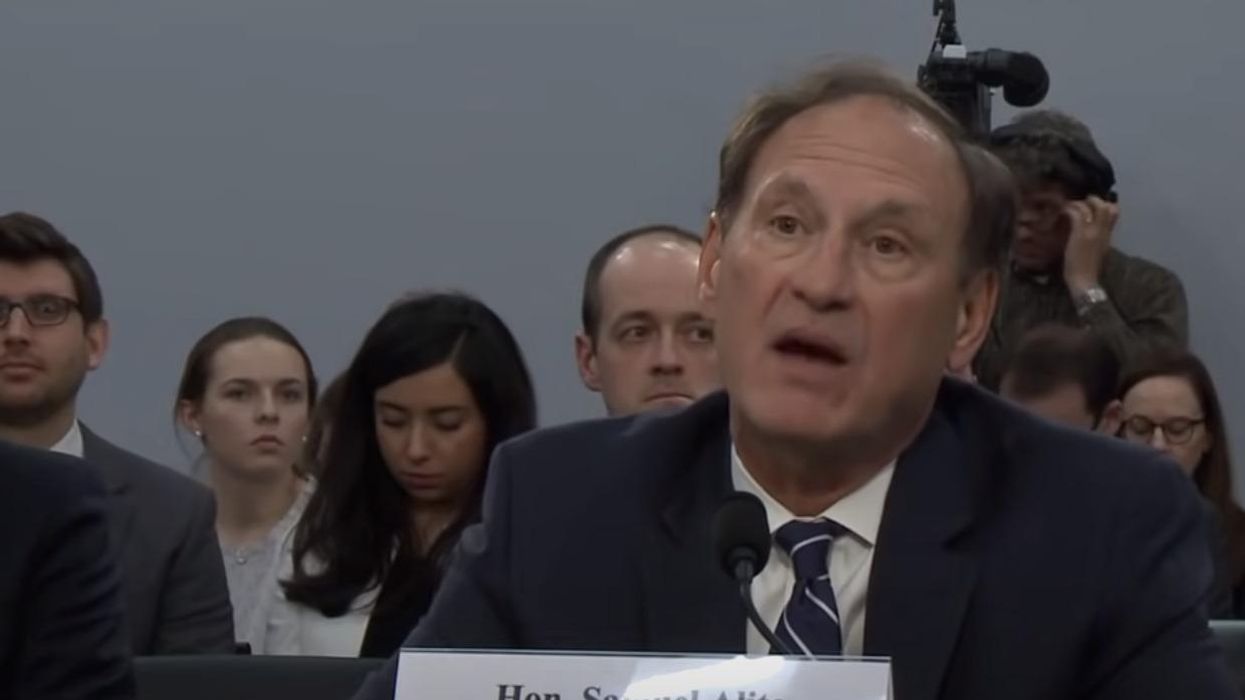As Harris Builds Her Polling Lead, Trump Retreats In Some States
Former President Donald Trump's campaign is now reallocating resources from several states that were previously in play when President Joe Biden was at the top of the ticket, according to a new report.
Axios reported Thursday that the 2024 Republican presidential nominee's campaign team is now "drawing down its operations" in Minnesota, New Hampshire and Virginia. Vice President Kamala Harris' emergence as the new Democratic presidential nominee has led to polls trending more in her favor in those states, whereas they were more favorable to a potential Republican flip when Biden was still in the race.
This is a sharp one-eighty from the Trump campaign's previous claims that it would open up eight new field offices in Minnesota, and hire multiple full-time staffers to try and turn the Gopher State red for the first time in more than 50 years. Now, Axios reports that there are just two full-time Trump campaign employees for all of Minnesota, with a state director and a senior adviser responsible for the GOP's efforts to capture the Midwestern state's 10 electoral votes.
Trump has roughly a dozen field offices in Minnesota, which serve as hubs for volunteers to conduct phonebanking efforts and a storage location for lawn signs and campaign literature for canvassers to leave at the homes of voters. But according to Axios, those offices were opened in May and June, when Trump still assumed he was going to face Biden in November (and before Harris announced Minnesota Governor Tim Walz as her running mate).
"[T]he [state] party and Trump campaign have been working jointly with our local organizations to get those [offices] staffed up," Minnesota Republican Party chairman David Hann told the publication.
The news of Trump apparently conceding these states comes on the heels of a leak from within his campaign lamenting that New Hampshire was "no longer a battleground state" with Harris in the race. Tom Mountain — a Trump campaign operative from Massachusetts — predicted the former president was "sure to lose by an even higher margin" than 2020, when Biden won the Granite State by seven points.
Virginia was also thought to be a battleground in 2024 when Biden was still running for a second term, with the ex-president just one point behind his Democratic rival in the Old Dominion State in the last poll aggregated by FiveThirtyEight before Biden announced his exit. Now, the latest polls show Harris three points ahead.
Now, Trump is reportedly shifting resources to the so-called "Blue Wall" states of Michigan, Pennsylvania and Wisconsin, which he won in 2016 and Biden flipped in 2020. Harris is polling neck-and-neck with the 45th president of the United States in those three states, and both of them will be relying on them heavily in their efforts to accumulate a victory-clinching 270 electoral votes.
Pennsylvania in particular is viewed as critically important for both campaigns. The Wall Street Journal reported that both Democrats and Republicans are eyeing Georgia and Pennsylvania — with 16 and 19 electoral votes, respectively — as two must-win states to seal up the Electoral College majority in November.
For Trump, his campaign's math shows that he could lose all battleground states except Georgia, North Carolina and Pennsylvania and still win the election. Harris' campaign has found that if she wins Georgia and Pennsylvania, she would only need one remaining battleground state between Arizona, Michigan, North Carolina and Wisconsin to get across the 270-vote threshold.
Reprinted with permission from Alternet.












